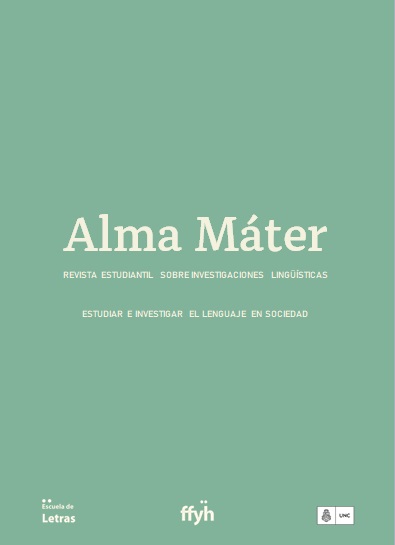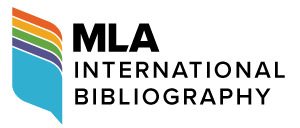Politics, identity and conflict in the city of Rivera: Linguistic variation at territorial boundaries
Keywords:
políticas lingüísticas, fronteras, identidad, conflictividadAbstract
The linguistic landscape of border areas varies according to the political status and jurisdiction of each country, thus establishing an official language and a marginal language(s). Public policies are in charge of standardizing a given language, which allows us to glimpse an ideology of linguistic purity that reinforces the idea of homogeneity with which states try to build a linguistic determinism.
In the following paper, we rethink, from a qualitative methodology, the articles "Yo no sé de dónde soy. My home is on the border and borders move like flags" (2019) by Gonçalves and Almeida and "Linguistic attitudes in Uruguayan Portuguese: marks of an identity" (2017) by Gutiérrez Bottaro. These show the close relationship between language policies, identity and language variety in the Uruguayan city of Rivera, located on the border with Brazil. For this analysis, we will refer to categories such as dysglossia and language policies to give an account not of the way in which this panorama of linguistic conflict has its correlate in the social sphere and of the influence that the situation of conflict has on the construction of identities in speech communities.
Downloads
Published
Issue
Section
License

This work is licensed under a Creative Commons Attribution-NonCommercial 4.0 International License.
Los textos están protegidos por una Licencia Creative Commons Atribución/Reconocimiento-NoComercial 4.0 Licencia Pública Internacional — CC BY-NC 4.0. Dicha licencia autoriza a a terceros utilizar lo publicado, siempre que se otorgue el adecuado reconocimiento; se mencione la autoría del trabajo y la publicación en la revista Alma Máter y no se haga uso del material con propósitos comerciales.






